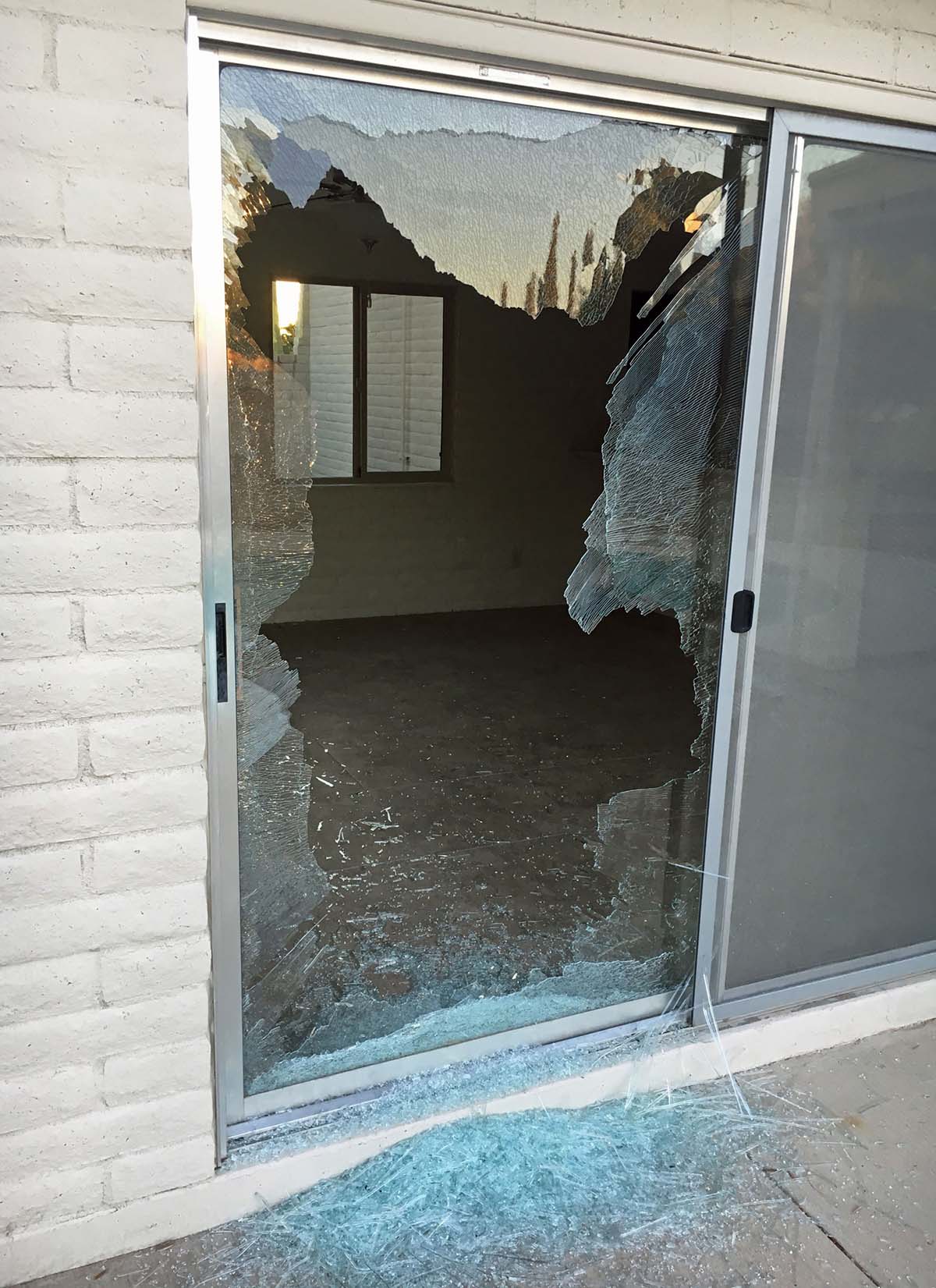"Mischief to Property"
s. 430 of the Criminal Code of Canada
We've seen it all when it comes to the wide variety of Mischief charges that can be laid against accused individuals. The most common mischief charges we see are related to domestic assault situations and they most often involve cellphones. From graffiti on storefronts to smashed laptops, Song Criminal Defence is here to help you better understand your charge.
Criminal Code of Canada, s. 430
"(1) Every one commits mischief who wilfully (a) destroys or damages property; (b) renders property dangerous, useless, inoperative or ineffective; (c) obstructs, interrupts or interferes with the lawful use, enjoyment or operation of property; or (d) obstructs, interrupts or interferes with any person in the lawful use, enjoyment or operation of property."

What the Crown Needs to Prove Beyond a Reasonable Doubt
- Identity of the Accused
- Date and Time of Offence
- Jurisdiction
- Accused does any of the following:
- "destroys or damages" property in question;
- "renders property dangerous, useless, inoperative or ineffective";
- "obstructs, interrupts or interferes with the lawful use, enjoyment or operation of property";
- "obstructs, interrupts or interferes with any person in the lawful use, enjoyment or operation of property".
- Accused does not own the property that was damaged.
- Accused had no "colour of right" to the property. In other words, Accused had the honest belief that they had a right to possess the property even though there was no true basis for this belief in law or fact.
- Accused damaged property wilfully and recklessly.
- State of the property before and after it was damaged.
- Damaged property is valued under or over $5000.
Sentencing on Conviction | "Punishment"
- Criminal Record: An Criminal Harassment conviction will result in a criminal record.
- There are no mandatory minimums for Criminal Harassment convictions.
- On summary conviction, the maximum penalty is jail for a period not exceeding 2 years less a day and/or a $5000 fine.
- On conviction by indictment, the maximum penalty is jail for a period not exceeding 10 years.
- Potential DNA Order.
- Potential Weapons Prohibition Order.
- Non-communication order between the Accused and the Complainant.
- Non-attendance order between the Accused and the Complainant.
- Potential forfeiture of weapons or firearms.
- Potential Victim Fine Surcharge.
Obviously, we cannot comprehensively cover how these consequences may impact your unique situation on this page. Call us and speak to a lawyer immediately or reach out to us to set up a free in-person consultation to completely understand your situation, the consequences you may face, and to develop a plan of action to beat your charges.

